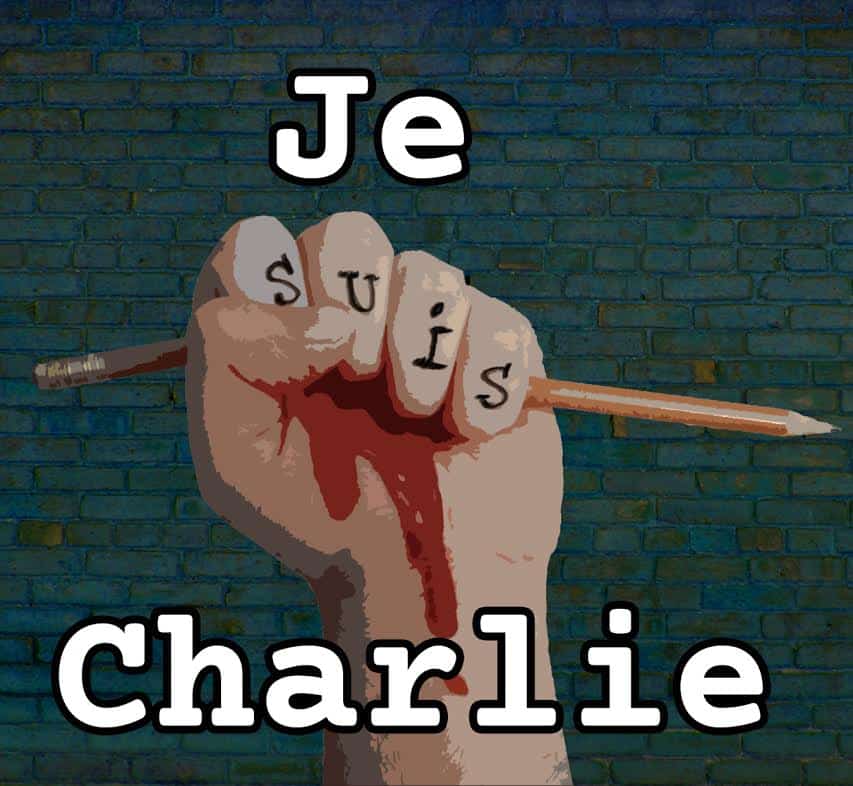Should we be Charlie?

The weekly that changed the world
Free speech is a funny thing. People have gone to war over it, died for it, and refused it to some to “preserve” their own. Typically, the modern-day debate surrounding free speech concerns folks like Bill Whatcott; irritating, but ignorable. The events of Jan. 7, 2015 redefined the parameters by which we’ll be having the free speech discussion forever.
On the morning in question, two gunmen forced their way into the offices of Charlie Hebdo, the French satirical weekly magazine. Twelve were killed with several more to be killed over the next two days. During the initial attack, the gunmen were heard shouting, “Allahu Akbar.” Translated from Arabic, the phrase means “God is great”. The usual Islamophobia and xenophobia that follows any act of violence lately were quick to reappear in Twitter feeds and on Facebook pages the world over. The latest (and deadliest) in this series of attacks on the magazine appear to have been in response to the many satirical cartoons that Charlie Hebdo has published of the Prophet Muhammad.
I don’t consider myself to be a professional on international relations, or of religious studies, so I’ll leave it to scholars to sort all that out. What I am exceptionally good at is providing a bone for people to lodge firmly in their throats. That being said, I suggest we look past the hurt, and confusion, and protests, and consider this whole thing from a different angle.
What I suggest first is getting rid of the notion of free speech. It has never existed, and it never will. To see what a farce free speech really is, check out Twitter user @DanielWickham93 who categorically decimated the “world leaders” of the Charlie Hebdo solidarity rally for their crimes against free speech. Next, forget about religion. Despite what popular media would have you believe, these attacks are likely far more than righteous indignation.
At no point in the Quran is it stated that images of the prophet are forbidden. In fact, the only readings that actively forbid icons of the prophet are the Hadith, which are often considered not binding by Islamic scholars anyway. Does that change the narrative’s frame a little? Why, I think so.
Why is it that there’s never an outcry against all white people any time a serial killer is caught, despite the fact that statistically speaking, 52 per cent of all serial killers over the past 100 years have been white males? Is it because, even if we see them as monstrous, we still sympathize more with Charles Manson than normal “brown” people, simply because of their religion? It’s disgusting how quick people are to automatically assume the European imperialist attitude against these “savages” which may (but totally don’t) threaten the WASP hegemony.
Perhaps even this is a little too narrow. Maybe we should paint this as broadly as possible. The time to question the appropriateness of Charlie Hebdo’s satire has long passed. The fact is, appropriate or no, innocent people were killed for doing their jobs. I think we can all agree that killing people is fundamentally bad. If, for now, Je Suis Charlie means that agreeing not to kill each other because our feelings get hurt, then you’re damn right I am Charlie. You should be, too.










